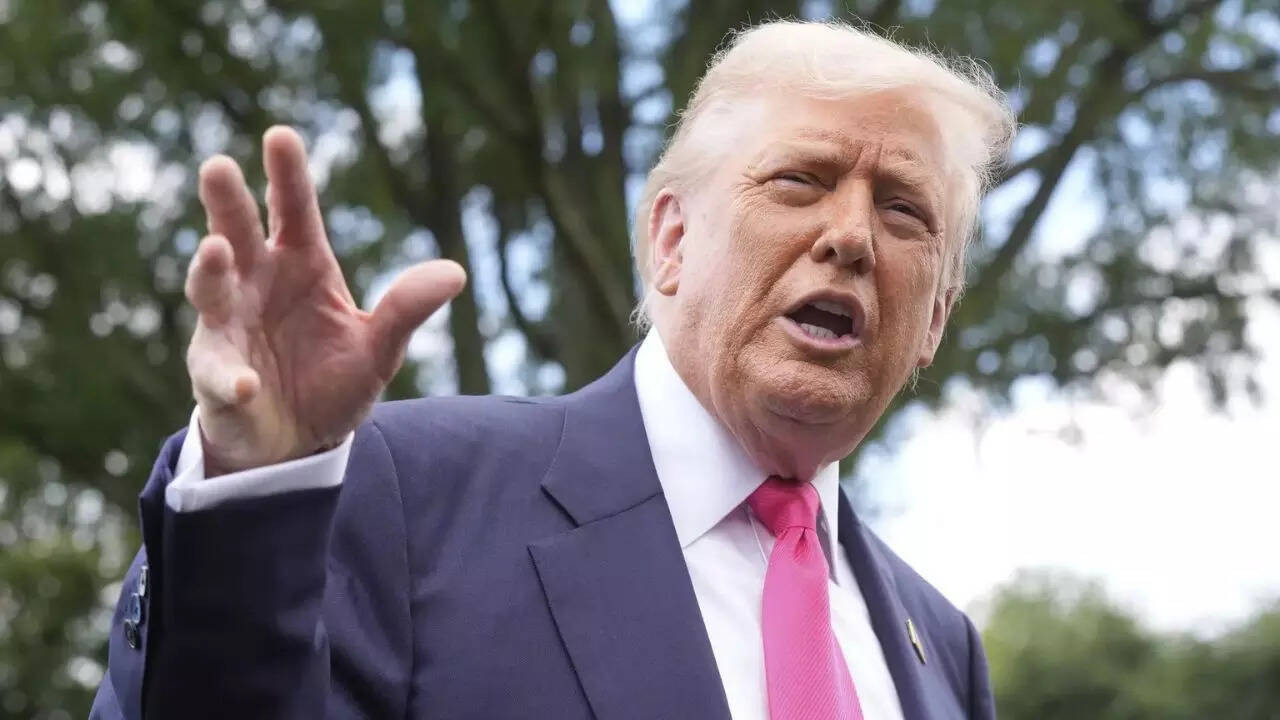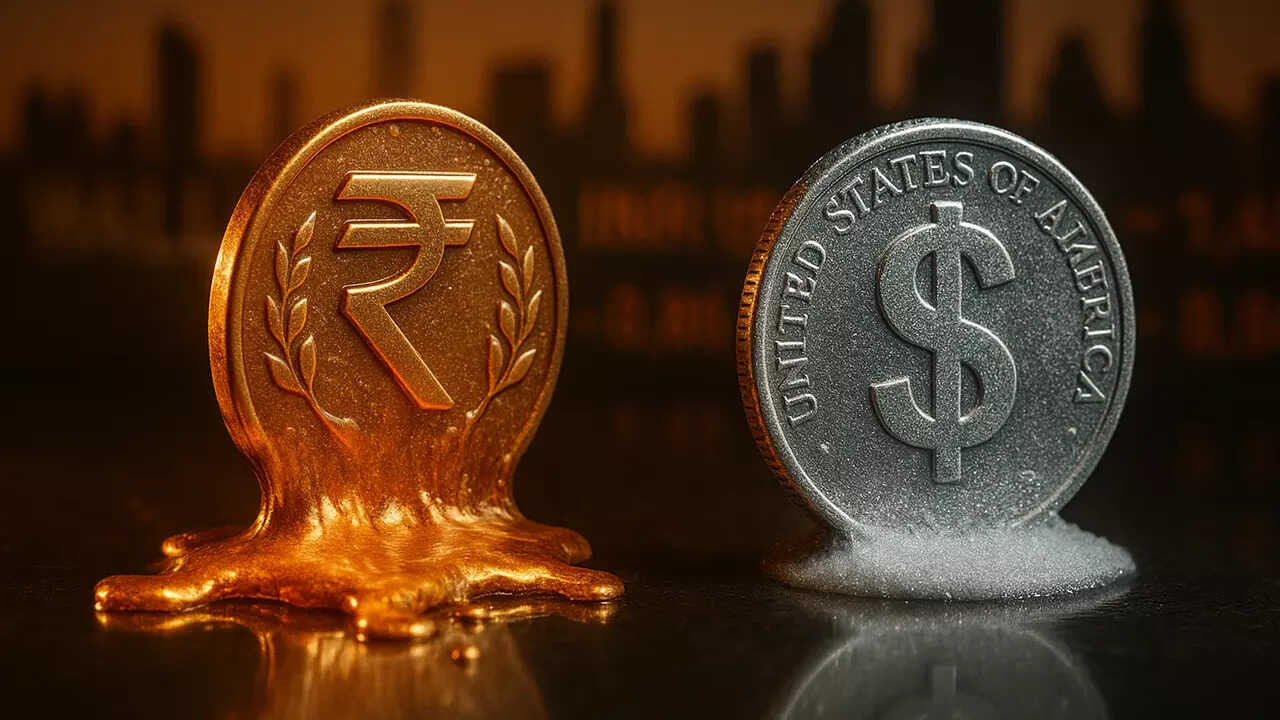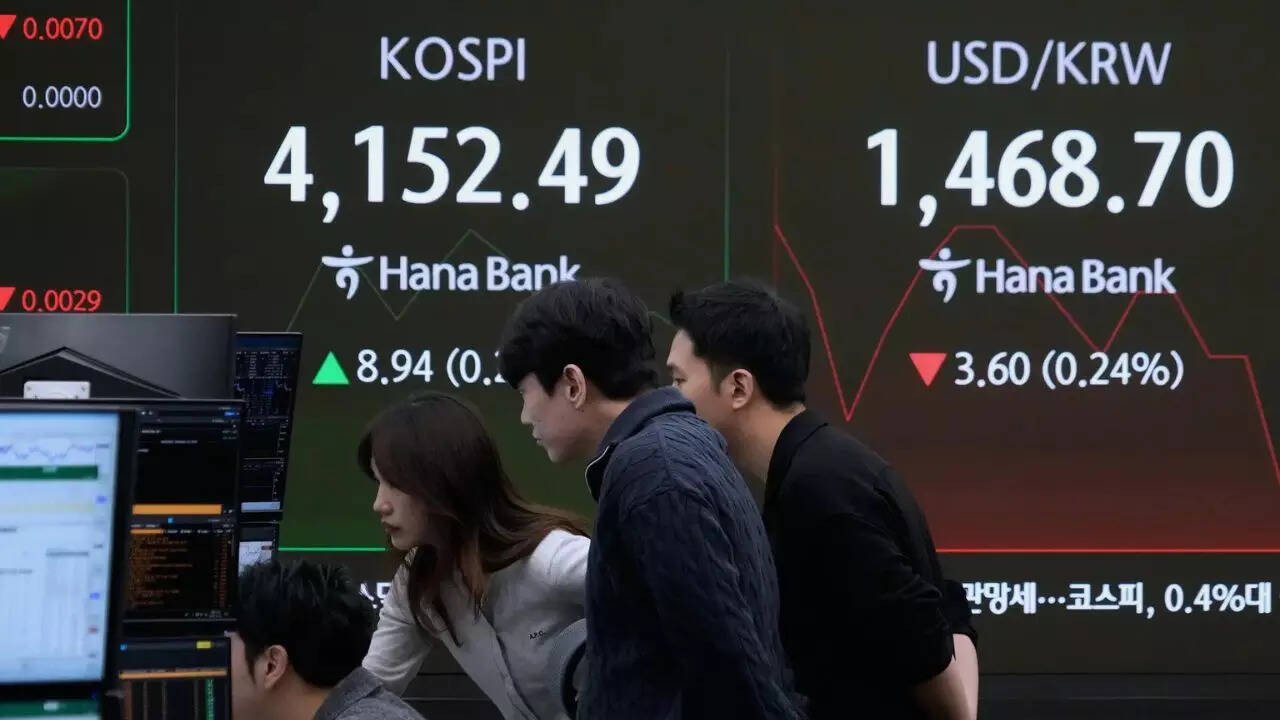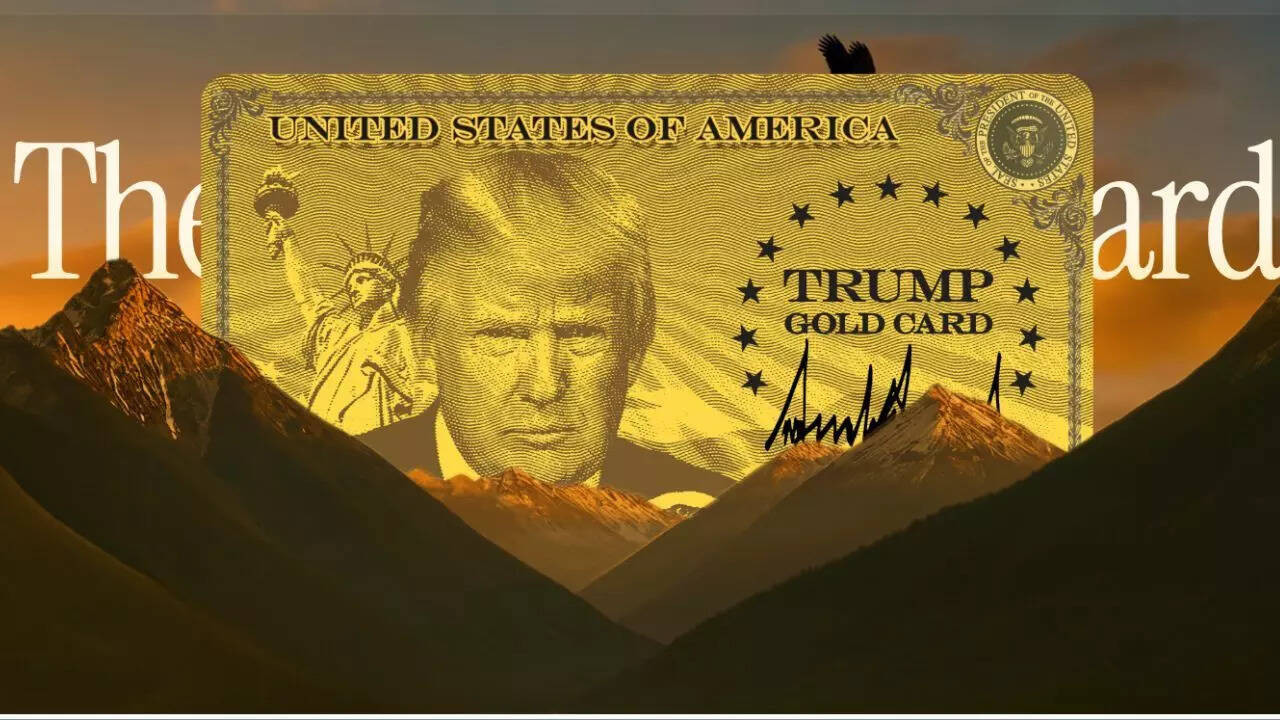Donald Trump announced a new trade agreement with Indonesia, significantly reducing tariffs on Indonesian exports to 19% and granting full market access to American goods. Indonesia has committed to purchasing billions in US energy, agricultural products, and Boeing jets.
A New Chapter: Indonesia and the US Forge Stronger Economic Ties
The air crackled with anticipation as Donald Trump, never one for quiet pronouncements, recently unveiled a significant agreement poised to reshape the economic landscape between the United States and Indonesia. This isn’t just a trade deal; it’s a statement, a signal of deepening cooperation spanning energy, aviation, and beyond. The numbers alone are enough to grab your attention: a reduced tariff rate of 19% for Indonesia and a commitment to purchase a staggering $15 billion in U.S. energy, alongside a desire for 50 new Boeing jets. But the real story lies beneath these impressive figures.
This agreement feels different, more like a strategic alignment than a simple transaction. For Indonesia, the lowered tariff rate represents a welcome boost to its export competitiveness, unlocking new opportunities to access the vast American market. Imagine Indonesian goods flowing more freely, businesses expanding, and economic growth gaining momentum. It’s a win that reverberates throughout the Indonesian economy.
The $15 billion energy commitment underscores Indonesia’s growing demand for reliable energy sources. While details are still emerging, it’s reasonable to assume this will involve a mix of energy products, potentially including liquefied natural gas (LNG) and other fossil fuels. This investment not only addresses Indonesia’s energy needs but also provides a significant injection into the American energy sector, supporting jobs and infrastructure development.

And then there are the Boeing jets. The intention for Indonesia to acquire 50 new Boeing aircraft isn’t just about expanding its airline fleet; it’s about connecting people, facilitating tourism, and enabling trade within the sprawling archipelago and beyond. This potential deal would provide a massive boost to Boeing, a cornerstone of American manufacturing, and signals confidence in the long-term growth of the Indonesian aviation industry. Think of the ripple effect – more jobs in manufacturing, increased tourism revenue, and enhanced connectivity for the Indonesian people.
The Significance of Reduced Tariffs
The reduction of tariffs to 19% marks a crucial point. This adjustment will allow Indonesian companies to offer their products in the U.S. at more competitive prices. This is particularly beneficial for sectors such as textiles, agriculture, and manufacturing, enabling them to compete more effectively with products from other nations. Lower tariffs can also lead to increased investment as Indonesian companies expand their operations to cater to the U.S. market.
Why This Matters Globally
Beyond the immediate economic benefits for both nations, this agreement carries broader implications. It sends a clear message about the importance of fostering strong bilateral relationships based on mutual economic benefit. In a world often characterized by trade tensions and protectionist policies, this agreement stands as a testament to the power of collaboration and open markets. It showcases how strategic partnerships can drive economic growth, create jobs, and foster greater stability on the global stage.
Potential Challenges and Opportunities
Of course, no agreement is without its potential challenges. Successfully navigating the complexities of international trade requires careful planning, effective communication, and a commitment to addressing any unforeseen obstacles. The energy sector, in particular, is subject to volatile market conditions and evolving environmental regulations. However, with proactive management and a spirit of cooperation, these challenges can be overcome, and the opportunities fully realized. This requires both governments and businesses to work together to ensure that the agreement’s benefits are distributed equitably and sustainably.
It’s important to consider the long-term implications. How will this agreement affect other trade relationships? What steps need to be taken to ensure that the environmental impact of increased energy consumption is minimized? These are critical questions that demand careful consideration.
Looking Ahead: Building a Lasting Partnership
This new agreement between the United States and Indonesia represents a promising step toward a deeper and more robust economic partnership. It’s a win-win scenario, offering significant benefits to both nations. By reducing trade barriers, fostering investment, and promoting collaboration in key sectors, this agreement sets the stage for sustained economic growth and a stronger, more interconnected future. It also reflects the evolving dynamics of global trade and the increasing importance of Southeast Asia as a center of economic activity. This is more than just a deal; it’s the foundation for a long-term, mutually beneficial relationship. You might also be interested in reading about [previous trade agreements](internal_link_example).
In conclusion, the newly announced trade agreement, focused on a reduced tariff rate and substantial energy and aviation deals, signals a significant strengthening of economic ties between Indonesia and the United States. This agreement will foster prosperity for both nations by promoting trade, investment, and cooperation across key sectors. Its true impact will be measured by its ability to create sustainable economic growth and promote stability within the global marketplace.







